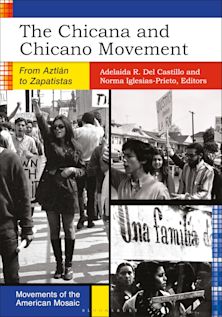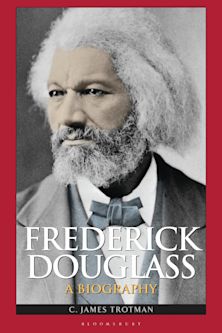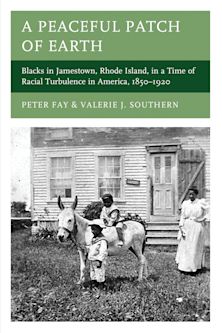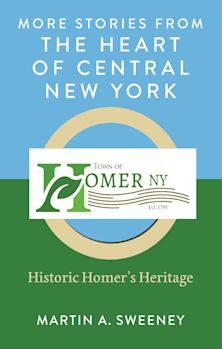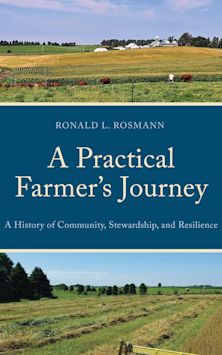Boston’s Black Athletes
Identity, Performance, and Activism
Boston’s Black Athletes
Identity, Performance, and Activism
This product is usually dispatched within 2-4 weeks
- Delivery and returns info
-
Flat rate of $10.00 for shipping anywhere in Australia
Description
Sport often mirrored the racial climate of the time, but it also informed and encouraged equality on and off the field. In Boston, the Black athletic body historically represented a challenge to the city’s liberal image. Boston's Black Athletes: Identity, Performance, and Activism interprets Boston’s contested racial history through the diverse experiences of the city’s African American sports figures who directed their talent toward the struggle for social justice. Editors Robert Cvornyek and Douglas Stark and the contributors explore a variety of representative athletes, such as Kittie Knox, Louise Stokes, and Medina Dixon, that negotiated Boston’s racial boundaries at sequential moments during the nineteenth and twentieth centuries to demonstrate Boston’s long and troubled racial history. The contributors’ biographical sketches are grounded in stories that have remained memorable within Boston’s Black neighborhoods. In recounting the struggles and triumphs of these individuals, this book amplifies their stories and reminds readers that Boston’s Black sports fans found a historic consistency in their athletes to shape racial identity and cultural expression.
Table of Contents
Acknowledgments
Chapter 1: Frenchy A. Johnson: The Life and Times of America’s First Black Sports Star by Edward H. Jones
Chapter 2: Black Brahmin Birdies: Golf and the Life of George Franklin Grant (1946-1910) by Lane Demas
Chapter 3: Kittie Knox, Boston Cyclist in the 1890s: The War Between Exclusion and Inclusion by Lorenz J. Finison
Chapter 4: “Under Wraps”: The Life and Legacy of Sam Langford by Andrew Smith
Chapter 5: Major Marshall Taylor: The Worcester Whirlwind by Lorenz J. Finison and Lynne Tolman
Chapter 6: Louisa Mae Stokes Fraser: Overlooked Legend by Leslie Heaphy
Chapter 7: Lou Montgomery: Tackling Jim Crow by Susan A. Michalczyk
Chapter 8: Constructing Legends: Pumpsie Green, Race, and the Boston Red Sox by Robert E. Weir
Chapter 9: A Seasoned Rookie: Veteran Sam Jethroe Joins the Boston Braves by Stephanie Liscio
Chapter 10: Staying East of the Mississippi: Reengaging with Rodeo’s Diverse History and the New England Connection by Tracey Owens Patton
Chapter 11: Boom Boom Barbosa to Jair: Boston's Minor-League, Major-League Soccer and Black Identity by Steven Apostolov
Chapter 12: Fighting for Recognition: The Almost Legendary Career of Medina Dixon by Donna L. Halper
Afterword: (Re)centering Boston Sport History: A Biographical Glimpse of Seven African-American Female Athletes Who Are Shaping Boston Sport by Eileen Narcotta-Welp
About the Editors and Contributors
Product details
| Published | 17 Jul 2024 |
|---|---|
| Format | Hardback |
| Edition | 1st |
| Extent | 310 |
| ISBN | 9781666909043 |
| Imprint | Lexington Books |
| Illustrations | 10 BW Photos, 2 Tables |
| Dimensions | 235 x 158 mm |
| Series | Sport, Identity, and Culture |
| Publisher | Bloomsbury Publishing |
Reviews

ONLINE RESOURCES
Bloomsbury Collections
This book is available on Bloomsbury Collections where your library has access.













